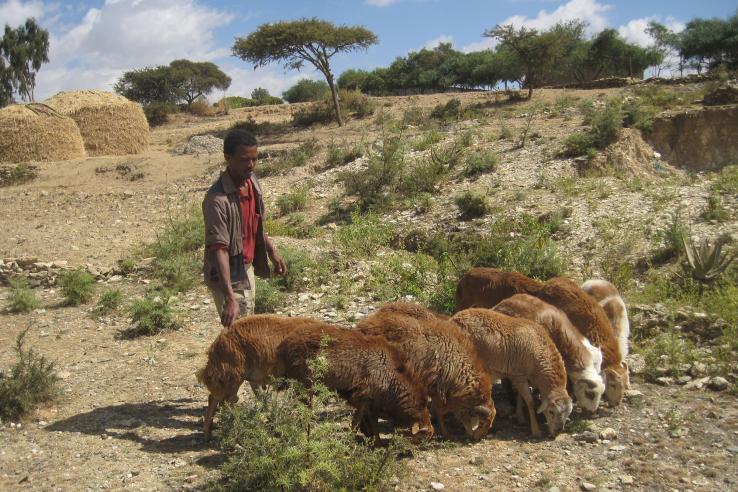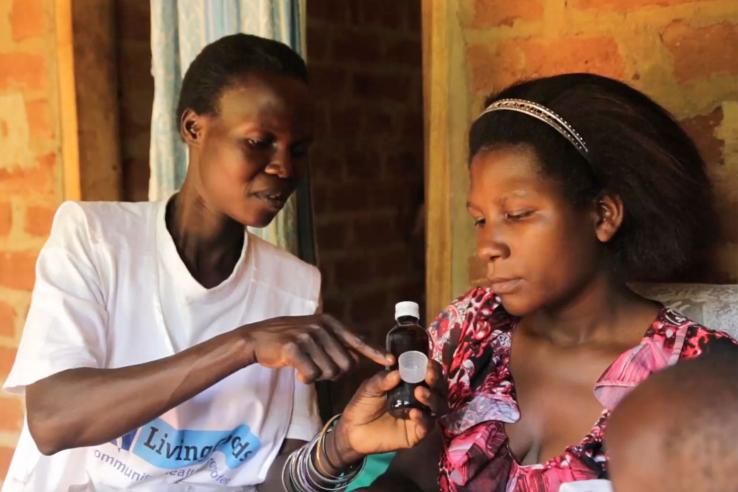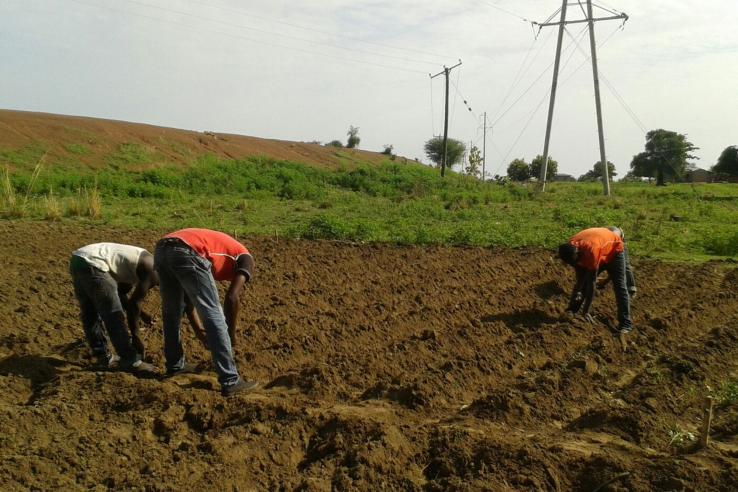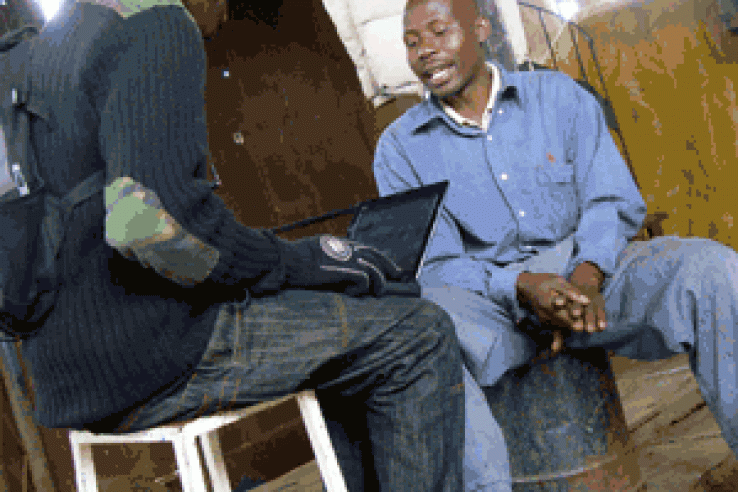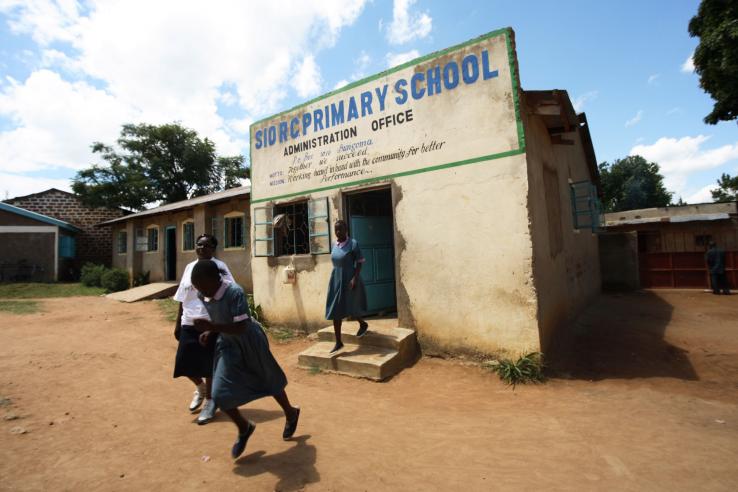Displaying 4036 - 4050 of 8489
Evaluation
Researchers designed and piloted a program called Borrow Less Tomorrow (BoLT) that took a behavioral approach to debt reduction, combining an accelerated loan repayment schedule with peer support and reminders. Results from a sample of free tax-preparation clients in Tulsa, United States suggest a strong demand for debt reduction: 41 percent of those offered BoLT used it to make a plan to accelerate debt repayment. The results also offer suggestive evidence that the BoLT package reduced credit card debt.
Evaluation
Researchers present results from six randomized control trials of an integrated approach to improve livelihoods among the very poor. The impact on the poor households lasted at least a year after all implementation ended.
Evaluation
In Uganda, an incentivized community health promoter program increased health care access, knowledge, and health-promoting behaviors among households, leading to a 27 percent reduction in child mortality.
Evaluation
Researchers partnered with the Ministry of Agriculture in Mozambique to assess the impact of both vouchers and savings programs on smallholder farmers’ use of agricultural technologies and household well-being. The temporary subsidy for technology adoption increased use of fertilizer and improved seeds, maize yields, and household consumption during and after the subsidized period.
Evaluation
Researchers evaluated the expansion of a rural financial services provider in Tamil Nadu, India in order to understand how access to financial services, information, and exposure to risk affect technology adoption and well-being among farming households.
Evaluation
Evaluation
In Uganda, researchers conducted a randomized evaluation to test the effectiveness of a program in which landowners were paid to not cut forest trees on their property. During the study period, landowners who were offered contracts to conserve forest cleared 4 percent of forested land, compared to 9 percent in villages where the program was not offered, delaying 3000 metric tons of carbon dioxide per village from being released into the atmosphere.
Evaluation
Researchers tested the influence of the (randomly chosen) rate at which clients were told contributions to their Individual Retirement Arrangements (IRAs) would be matched on the amount contributed to their retirement savings accounts. They found higher matching rates significantly increased IRA participation and contributions.


